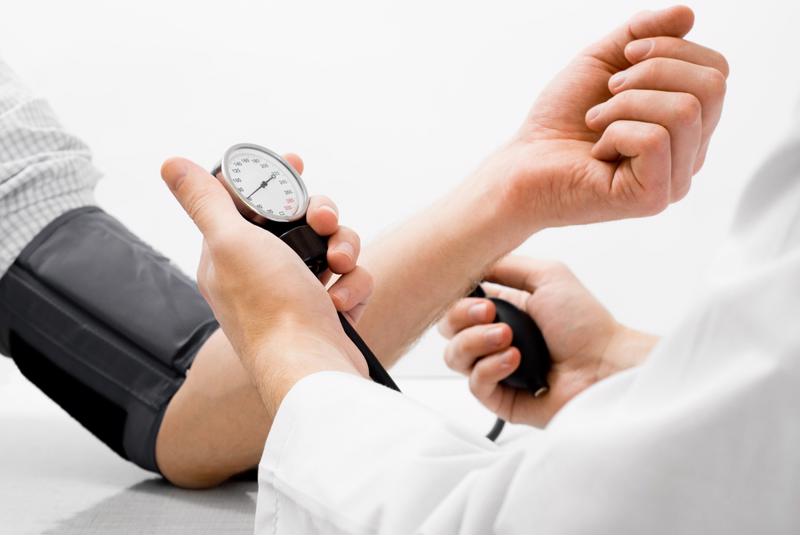Did you know that strokes are the leading cause of long-term disability in the U.S.? According to the Centers for Disease Control and Prevention, someone has a stroke every 40 seconds. Every year, more than 795,000 experience a stroke, and 140,000 of those cases are fatal. While uncontrollable factors like race, ethnicity and age can increase your risk, high blood pressure, high cholesterol, smoking, obesity and diabetes are the leading causes of having a stroke. The simple act of cutting these habits and implementing healthy lifestyle decisions can ultimately impact your chances of going through this detrimental medical emergency.
To reduce your risk of having a stroke at any point in your life, here are a few tips:
1. Understand Your Blood Pressure
High blood pressure often isn’t something you immediately know you have since it doesn’t always come with symptoms. According to the CDC, 75 million Americans have high blood pressure, but only 54 percent of those individuals monitor and control it. Getting your blood pressure checked regularly is the easiest way to ensure it’s at a normal level, which may reduce your stroke risk.
 Monitoring your blood pressure can reduce your stroke risk.
Monitoring your blood pressure can reduce your stroke risk.2. Monitor Your Weight
Maintaining a healthy weight based on your height is more than looking great and feeling confident. Obesity is one of the leading causes of stroke and can also increase your risk of heart disease, diabetes, high blood pressure, arthritis, asthma, cancers…the list goes on. Weight gain can be caused by genes, but generally diet and physical inactivity are to blame. Exercise and healthier eating can help you lose extra pounds and maintain a healthy weight.
3. Exercise Regularly
Neglecting to exercise is one of the most harmful ways you can treat your body. Physical activity correlates to a healthy weight, which can reduce your chances for developing cancer, diabetes, heart disease and stroke. Spending a mere 150 minutes at the gym every week performing a mix of aerobic activities and weight training can keep your body in great shape.
“Work out with a personal trainer.”
If you’re self conscious about working out in a gym, there are dozens of other ways to exercise on your own. You can work with a personal trainer, join a fitness class, go for a swim, jog through the park or walk around the mall with your friends! All you have to do is get up and get moving.
4. Change Your Diet
In the past, we’ve discussed how inflammation is the true cause of strokes. When blood vessels inflame, it interrupts the blood supply to your brain. Inflammation is the silent killer, but it can easily be put to a stop by taking eating habits more seriously. Cutting out sugar, refined grains and processed foods from your diet will reduce inflammation throughout your body. Replacing such eating habits with primarily raw, plant-based eating enriches your system with vital nutrients to reduce your chance for developing a stroke even more.
5. Try Supplementation
Because inflammation can lead to stroke, you may consider a supplement to better equip your body and reduce your risk. Our Professional Strength Curcumin makes the perfect complement to any plant-based diet. Curcumin is a powerful antioxidant and anti-inflammatory agent, blocking more than a dozen different pathways of inflammation within the body.
Taking action to reduce your risk for having a stroke can be as easy as dropping bad habits and picking up healthy ones. Learn more about how you can boost your wellness and join us on the path to overall health today.
The post Lowering Your Stroke Risk appeared first on Plant-Based Diet - Recipes & Weight Loss Supplements | Hallelujah Diet.
Hallelujah Acres chairman
Comments
Post a Comment